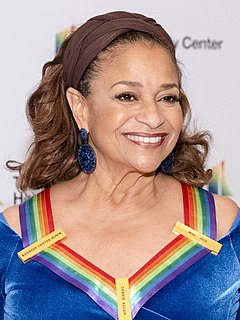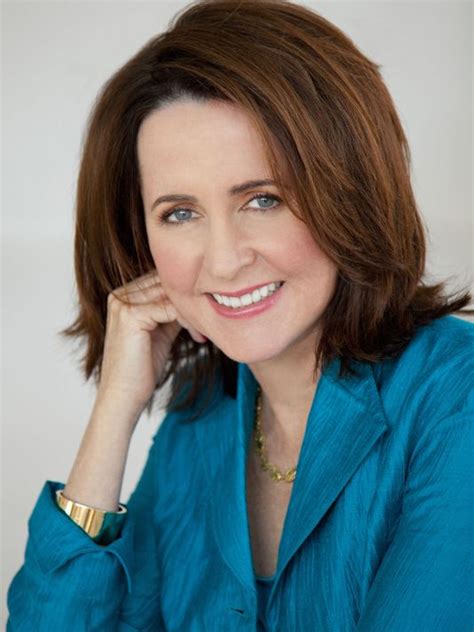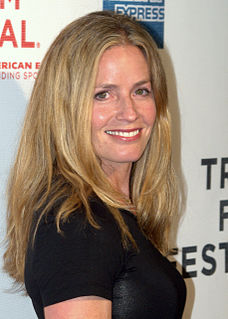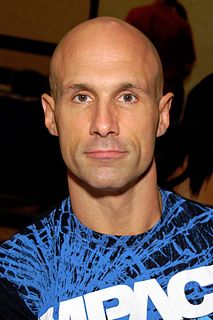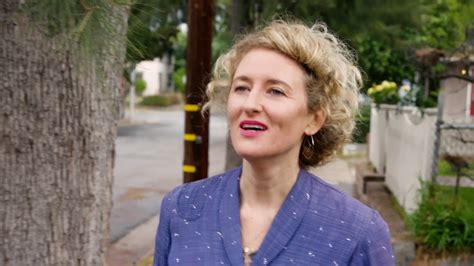A Quote by Debbie Allen
You have to examine a scene on the page first. Then you get into the basics of acting: Who are you? Who are you talking to? How do you feel about that person?
Related Quotes
The acting background helped a lot when I started writing. I was training for it. In acting class they teach you about the stakes in a scene (and) what motivates characters. When you bring a scene to class - as an actor with your scene partner - you have to do everything. There's no producer, set decorator or anything like that. You and you partner have to do everything and that's kind of like facing the blank page as a writer.
If you examine the history of any playwright of the past twenty - five or thirty years - I'm not talking about the comedy boys, I'm talking about the more serious writers - it seems inevitable that almost every one has been encouraged until the critics feel that they have built them up beyond the point where they can control them; then it's time to knock them down again.
The truth is we all get tired, we all get weary. In fact, if you never feel like giving up, then your dreams are too small. If you never feel like quitting, then you need to set some larger goals. When that pressure comes to get discouraged and to think about how you can’t take it anymore, that is completely normal. Every person feels that way at times.
I usually cast myself in things because acting is how I best relate to artistic impulses. It's what I've wanted to do since I was a child, so a scene usually plays itself out in my head with me performing it. And if I cast myself that's one less person I have to pay, one less person I have to explain my vision to, one less person I have to worry about.
Any story has a beginning, middle, and end, of course, but the question is, where do you start it exactly? It's about a guy who is murdered in a fistfight, but how does it evolve and what does it mean? That's what I discovered scene by scene, and this innovation of coming in as a first-person narrator was a complete surprise to me. It just happened.
